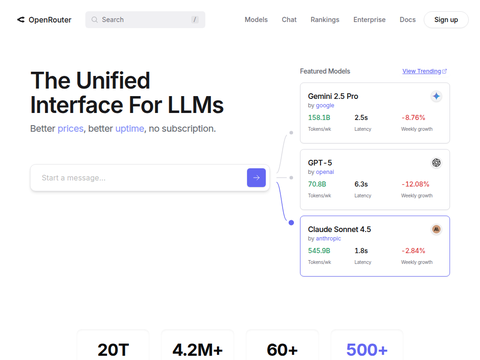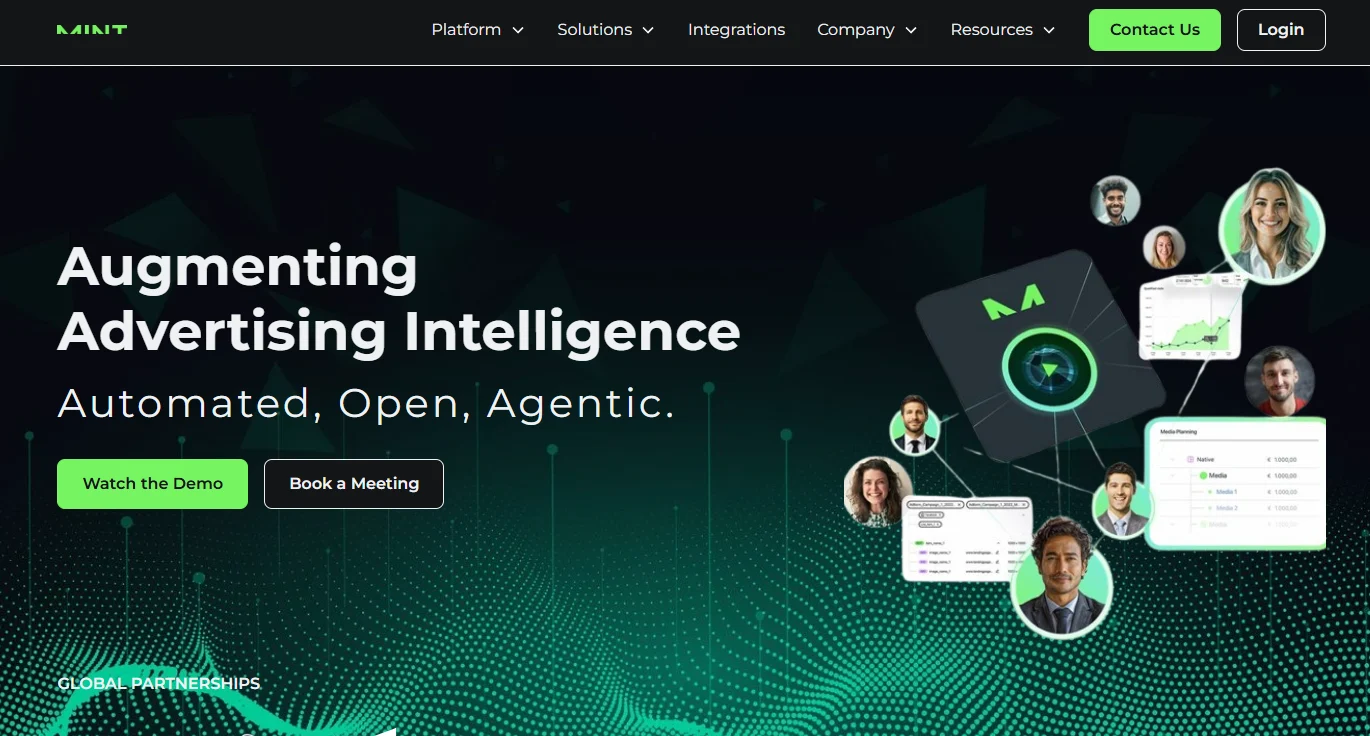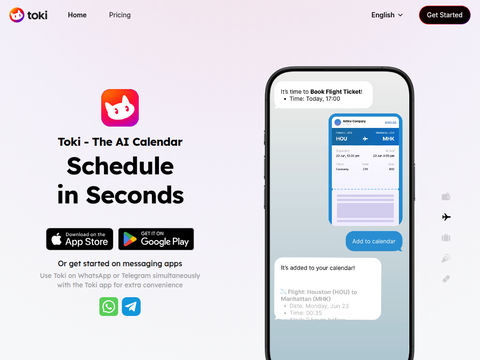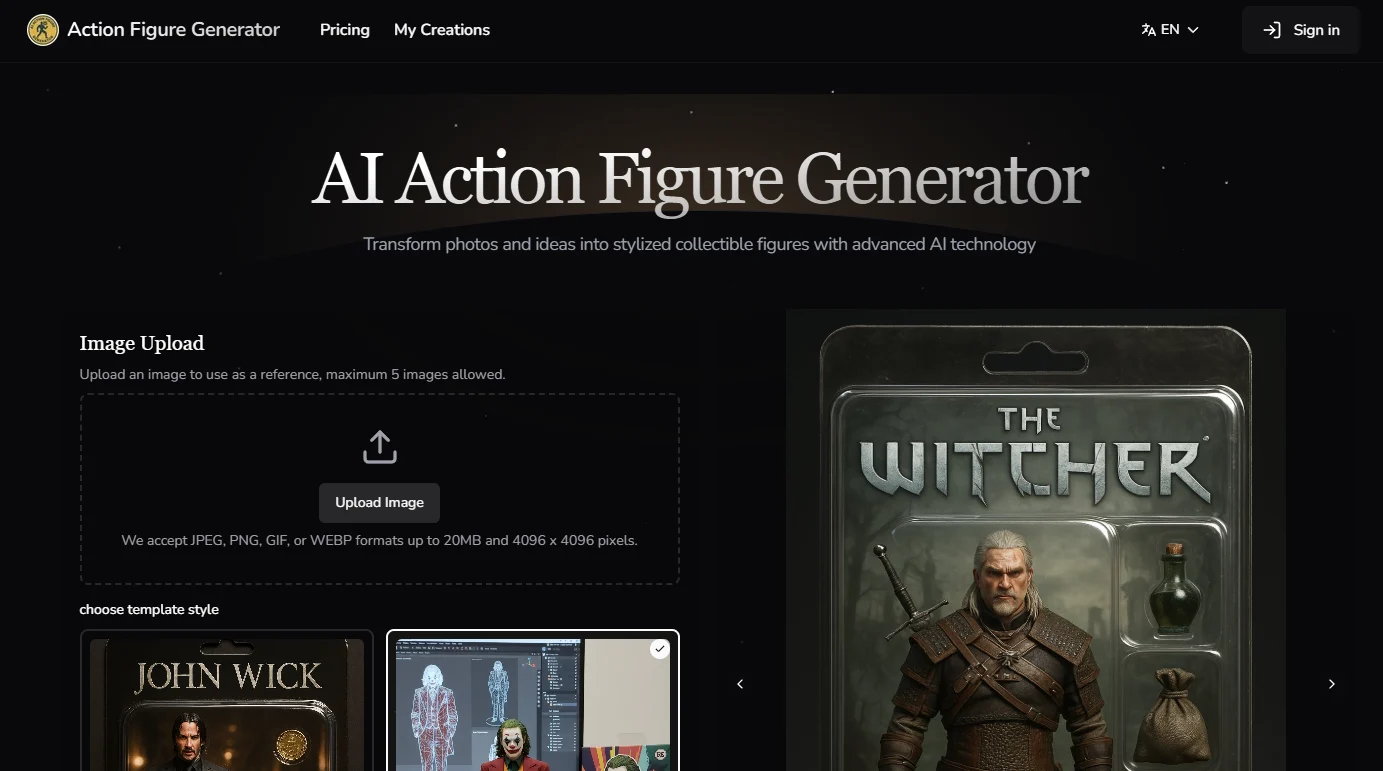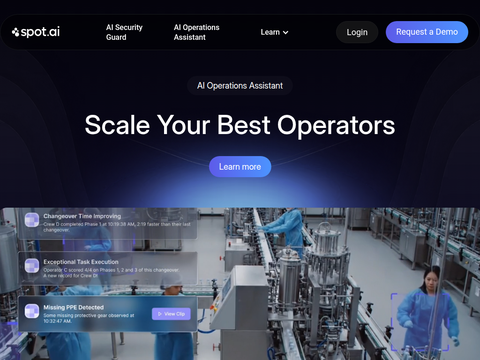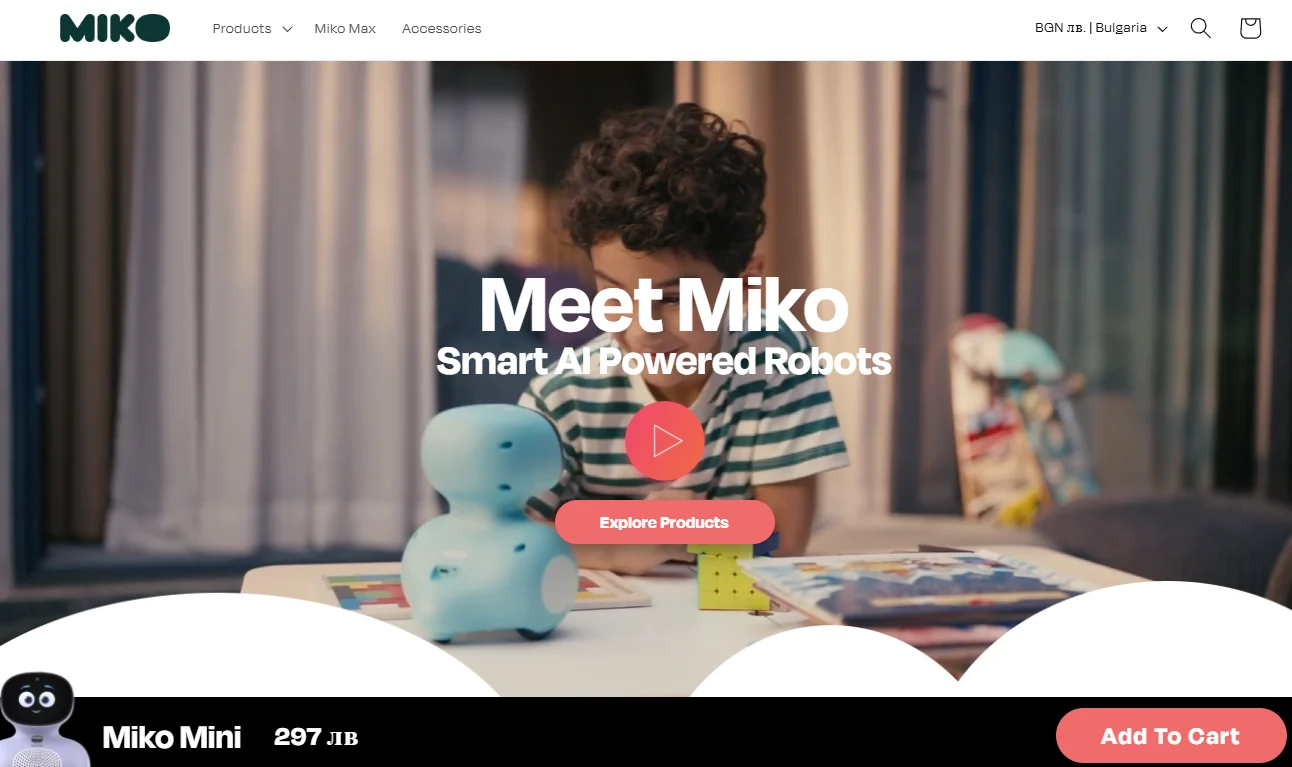Alibaba Cloud has recently introduced the latest AI programming assistant, Qwen2.5-Coder. This tool quickly became the second most popular demonstration project on Hugging Face Spaces. Preliminary tests indicate that its performance rivals that of GPT-4, and it is available for developers at no cost.
The newly released Qwen2.5-Coder features six model variants, with parameter sizes ranging from 50 million to 3.2 billion, designed to accommodate developers with varying computational resources. This achievement was realized amid China's technology companies facing restrictions on exporting advanced semiconductors.
According to the technical report published by the team on arXiv, the success of Qwen2.5-Coder is attributed to meticulous data processing, synthetic data generation, and a balanced training dataset. These factors have enabled it to maintain a wide range of capabilities while delivering robust code generation performance.
The flagship model, Qwen2.5-Coder-32B-Instruct, has surpassed previous benchmark records in the open-source programming assistant domain. It achieved scores of 92.7% and 90.2% on HumanEval and MBPP, two key metrics for assessing code generation capabilities, respectively. Notably, it attained a 31.4% accuracy rate on LiveCodeBench, a contemporary benchmark evaluating performance on real-world programming challenges.
The accomplishments of Qwen2.5-Coder extend beyond traditional performance metrics. While most AI programming assistants specialize in one or two popular languages, such as Python or JavaScript, Qwen2.5-Coder supports 92 programming languages, ranging from mainstream tools to niche languages like Haskell and Racket. This demonstrates significant flexibility of AI in the programming domain.
This extensive language support, coupled with its ability to handle complex tasks such as repository-level code completion and debugging, indicates that AI programming assistants are entering a new era. They are poised to become universal programming partners rather than mere specialized tools.
Unlike its closed-source competitors, most models of Qwen2.5-Coder are released under the permissive Apache 2.0 license, allowing businesses to freely integrate them into their products. This could significantly reduce development costs for companies worldwide and accelerate the adoption of AI technologies.
The capabilities of Qwen2.5-Coder go beyond basic programming. It excels in repository-level code completion, comprehending context across multiple files, and generating visual applications such as websites and data visualizations.
Researchers outlined the practicality of Qwen2.5-Coder in two scenarios—code assistants and artifacts—in their paper, and demonstrated its potential applications in real-world settings through examples.
This release could fundamentally alter the economic landscape of AI-assisted software development. While companies like OpenAI and Anthropic are building their business models around subscription-based access to proprietary models, Alibaba has chosen to open-source Qwen2.5-Coder, creating new market dynamics.
Currently, enterprise clients spending hundreds of thousands of dollars annually on AI programming assistance will soon be able to access comparable functionalities at a lower cost. This not only challenges existing business models but could also expedite AI adoption among smaller companies and developers in emerging markets, who were previously excluded from the AI boom due to high costs.
The shift towards open-source, enterprise-grade AI tools also presents strategic challenges for Western technology companies. As more advanced open-source alternatives emerge, it may become increasingly difficult to justify the high pricing of subscription-based AI services to corporate clients.
Considering the ongoing restrictions by the United States on Chinese chip exports, this achievement is particularly significant. Alibaba's success indicates that Chinese technology companies have found ways to innovate within these constraints, potentially reshaping the global AI competitive landscape.
The launch of Qwen2.5-Coder has intensified the competition between the United States and China in the field of AI development. While American companies have traditionally led in large-scale language models, Chinese companies are increasingly matching or surpassing U.S. counterparts in specialized areas such as programming and mathematics.
Researchers at Alibaba plan to explore expanding both data scales and model sizes, while also enhancing reasoning capabilities. This indicates that the company is not content with its current achievements and aims to push the boundaries further.
For developers and businesses worldwide, Qwen2.5-Coder offers a new AI tool option that combines cutting-edge performance with the freedom of open-source software. As the AI arms race continues to accelerate, this release may signify a shift in the distribution and accessibility of advanced AI capabilities on a global scale.

